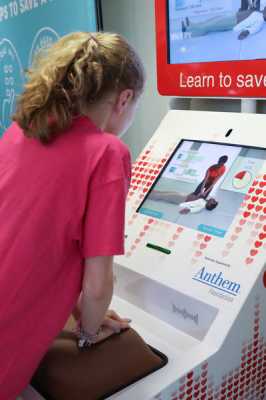Author Interviews, Cost of Health Care, Education, JAMA / 14.11.2017
More Lab Tests Ordered At Teaching vs Non-Teaching Hospitals
MedicalResearch.com Interview with:
Victoria Valencia, MPH
Assistant Director for Healthcare Value
Dell Medical SchoolThe University of Texas at Austin
MedicalResearch.com: What is the background for this study? What are the main findings?
Response: We were surprised to find that despite the common anecdote that resident physicians in teaching environments order more lab tests, there was a lack of empirical data to support the claim that more lab tests are ordered for patients at teaching hospitals than at non-teaching hospitals. Our study of 43,329 patients with pneumonia or cellulitis across 96 hospitals in the state of Texas found that major teaching hospitals order significantly more lab tests than non-teaching hospitals. We found this to be true no matter how we looked at the data, including when restricting to the least sick patients in our dataset. We also found that major teaching hospitals that ordered more labs for pneumonia tended to also more labs for cellulitis, indicating there is some effect from the environment of the teaching hospital that affects lab ordering overall.
(more…)

